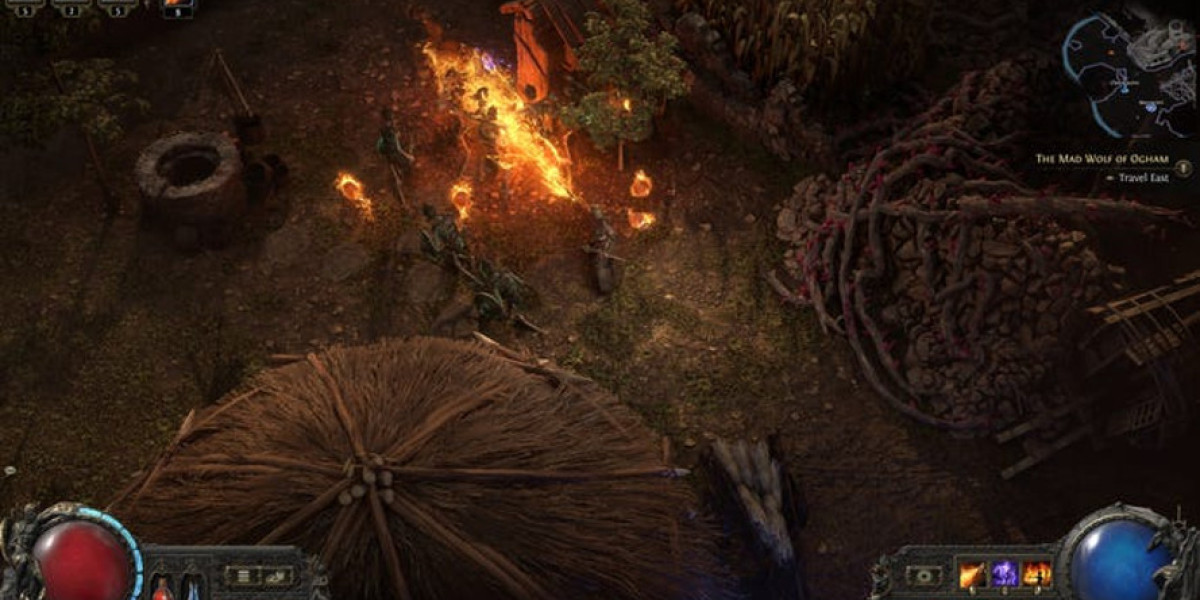The Hyacinth Macaw is a majestic bird with a striking design. They are also loud and can learn to speak and say words, and also mimic sounds.
To keep them mentally and physically stimulated, they need a large cage with plenty of toys. They also need a high-quality diet that includes nuts, fruits and seeds to stay healthy.
 Characteristics
CharacteristicsThe largest of all parrots is the hyacinth Macaw. Its bright cobalt blue feathers eyes, yellow eye rings and rings, and long tail make it instantly recognisable. They are stunning to watch and can mimic human speech when properly trained. They have a lifespan of 60 to 70 years and can live for more than 20 years in captivity.
Hyacinth Macaws are intelligent birds that have a calm temperament. They are also very curious and playful. But, they aren't the right pets for everyone. They can be loud and nip, which is why they require lots of attention from their owners. If they are left unattended for too long, they will destroy their cages and surrounding. It is therefore essential to stay at your home when you have a hyacinth Macaw.
In the wild, hyacinth macaws travel in small groups of 1-8 and are very vocal. They travel together to find food and communicate with one another, and play.
They consume diverse fruits such as nuts, seeds, and vegetables. They can also break open palm nuts using their powerful beaks. They have been classified as endangered by CITES because of over-collection for the pet trade as well as excessive habitat loss.
Hyacinth macaws that are captive must be provided with plenty of toys and branches to chew on. They chew to keep their beaks small and to strengthen their wings. They also require a lot of mental stimulation. If they aren't sufficiently stimulated the hyacinth macaw can become very destructive and may even bite.
Do your research before purchasing a Hyacinth Macaw. These birds are very expensive and can live for a long time, so you'll need be prepared to make the commitment to them. You should also speak with a breeder or vet to make sure that the bird is healthy and has had an extensive health check.
Start with a smaller bird such as a parakeet. This will let you determine if you can accept the demands of a Hyacinth Macaw.
Feeding
 Despite their imposing size and hooked beaks Hyacinth Macaws are gentle giants in nature. They are easy to tame and train with patience and positive reinforcement. They also tend to be very close with their human counterparts. They are not recommended for people who have not handled birds before. They can be quite noisy and nippy and require lots of space.
Despite their imposing size and hooked beaks Hyacinth Macaws are gentle giants in nature. They are easy to tame and train with patience and positive reinforcement. They also tend to be very close with their human counterparts. They are not recommended for people who have not handled birds before. They can be quite noisy and nippy and require lots of space.These beautiful and large birds have very specific dietary requirements that must be fulfilled in order to stay healthy. They need to eat plenty of fatty nuts and various fruits. They also require chewing to keep their jaws and beaks strong. The feeding of these special birds is an ongoing responsibility, which is the reason it's crucial to partner with a reliable breeder who knows their nutritional needs.
In addition to food, these birds need plenty of time to play and exercise to keep their muscles strong and their minds sharp. They must fly their wings, walk and climb, and get the chance to chew on toys and exercise their jaw muscles. To fulfill these needs, it's best to locate a breeder who provides spacious cages that are able to accommodate this type of activity.
When a hyacinth Macaw is first born, it's altrical and cannot feed itself or maintain its own body temperature. Newly hatched birds are placed in an incubator which is set to 92 degrees Fahrenheit. The temperature gradually decreased every week until the bird reaches pin-feather stage.
Because they are a popular pet, they are typically purchased from breeding facilities that are commercially owned. They are also available in animal shelters and adoption centers. If you're interested in finding macaws, check with these agencies or organizations to see whether they have one that has been given up by the former owner.
The beautiful birds are great pets, but they're not for everyone. It is important to do your research and speak to some experienced bird owners if you aren't sure whether a hyacinth Macaw is the right bird to be a good fit for your lifestyle. If you decide that a hyacinth macaw isn't an appropriate choice for your home, you might want to consider an alternative that is smaller, such as a parakeet or cockatiel.
Training
The hyacinth macaw is one of the largest parrots. It's a gorgeous blue color with yellow rings around its eyes and beak corners. They are intelligent and can mimic human speech. They can live for a period of 30-50 years in captivity. They are more prevalent in zoos due their size. If you're thinking of bringing this magnificent creature to be your pet you should be aware that he'll need a large amount of attention and must be kept in a secure cage, with ample space to exercise.
Hyacinth macaws can be trained to a high degree, and with a lot of patience and consistent training, they will develop a strong bond with their human. They are not recommended for novice bird owners due to their demands for attention and space. They also tend to be quite loud, and this can create problems in certain settings. If you're not ready to put the time and effort into the art of taming a macaw hyacinth, it is best to consider other species of bird to have at home.
The hyacinth macaw can master a variety of words and has a wide range of vocalizations. However, it's important to be aware that this bird can carry dangerous bacteria to other animals and humans like Staphylococcus and Streptococcus. This is why it's important to follow proper care and handling practices to prevent transference of these bacteria from humans to the birds.
In the wild, hyacinth macaws consume a variety of fruits, green plants and nuts. Their powerful beaks are able to break coconuts. In captivity, the hyacinth macaw is a creature that needs a diet rich in greens, vegetables, fruits and plenty of nuts. It is also essential to provide the hyacinth macaw frequent opportunities to exercise and play on an environment that is safe for them to play in.
Hyacinth Macaws can be a great and loyal companion. However, they should only be considered by those who have experience with parrots. It is best to begin small by introducing a parakeet, cockatiel or any other smaller birds if you've never owned a bird before. This will allow you to understand how much work is involved in taking care of a parrot prior to taking on the responsibility of owning one of these majestic creatures.
You can also read about how to take care of yourself.
The cobalt blue hyacinth macaw an endangered species that is seldom seen outside of the zoos. The bird is massive with wingspans that can exceed four feet. It requires a dedicated pet owner with the time and money to take care of this particular bird. The bird is a talkative and intelligent bird with the ability to learn some words and phrases. It is an affectionate and playful bird that likes showering its owners.
The hyacinth Macaw needs to be in contact with its human caregiver regularly. If it isn't given this attention, it can become neurotic and display a range of behaviors, including excessive screaming and destructiveness. A hyacinth macaw that is neglected may also engage in self-mutilation such as feather-picking and claw biting. Hyacinth Macaws are also known to have powerful beaks, and must be taught not bite humans.
This large parrot is a great pet for people who have a good deal of experience with birds. They are a breeze to train and they love playing with their owners. It is essential to instruct your macaws not to destroy or chew on furniture and other household items. Hyacinth Macaws must also play a lot in order to stay physically and mentally active. To achieve this, you must provide them with a sturdy enclosure and toys that can endure their strong beaks.
Hyacinth Macaws have a tendency to feather plucking and need to be taught from an early age not to do so. Additionally, they should be taught not to pull on the strings of clothing or jewelry. It is recommended to purchase a young hyacinth Macaw from a reputable breeding. A tame baby will be easier to train and will develop a strong attachment to its humans.
Hyacinth Macaws are found in the wild in Brazil, Bolivia and Paraguay. They are listed on CITES as an endangered species due to habitat loss, over-collection for the trade in pets, and hunting by indigenous tribes. There are currently only 2,500-5,000 of this magnificent bird are in the wild. The hyacinth macaw could be an exceptional companion for someone who has the time, energy, and money to take care of this incredible animal.





